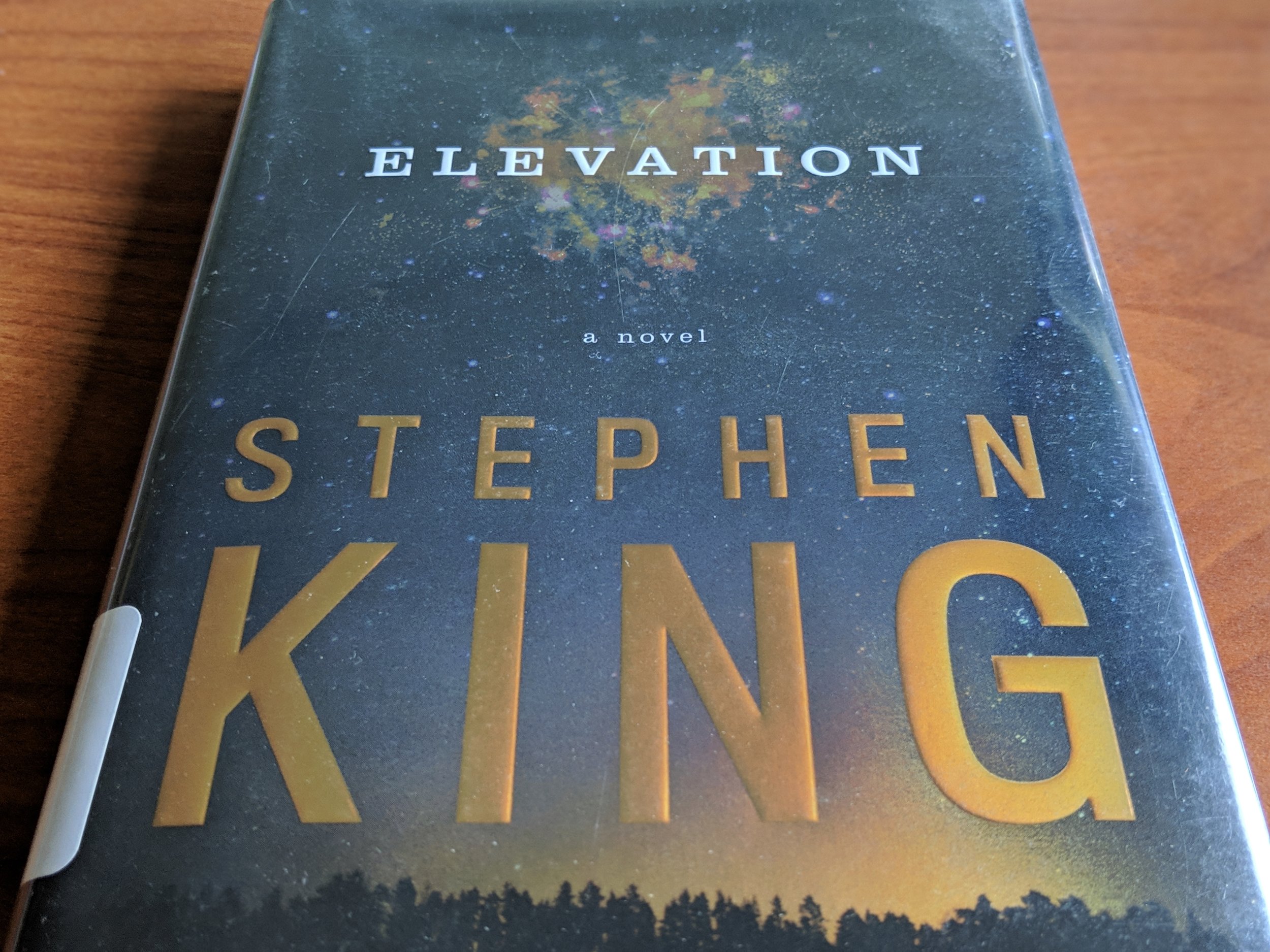Dani Shapiro, Hourglass
I can't talk well enough about this book. As with Deborah Levy's The Cost Of Living I just can't speak well beyond, "I love it." Both books are so beautiful, strong, and female that my talk feels like ridiculous mansplaining. However, I wrote Shapiro a letter and for lack of anything better share it here along with quotes I pulled from the book.
Just go read everything by Dani Shapiro, then let's get together to talk. And read Deborah Levy's The Cost Of Living to see if it doesn't change your life.
Dear Ms. Shapiro,
Having just finished Hourglass (and waiting on delivery of Inheritance) I am impressed by the vitality of your book which seemed as I read to become a living thing — a vulnerable, beautiful, graceful, living being. It was of course that the character you created of yourself was so true, but I kept feeling as if the paper book had a beating, anxious heart and I have not been so affected by a memoir in some time.
As someone with a stable job that provides benefits, pays the bills, and builds toward a retirement, I'm strangely envious of the life you described living with your husband, the two of you moving through uncertainty with courage. It's not that you set out to commit some act of bravery; you’ve simply committed to the writing and to a life together. Your book is a testament to bravery. It's not meant as a feel-good tale. No, it's simply true. That's what I admire about it and about you.
That truth is lending me courage to move forward. I'm too am fortunate enough to have a strong spouse who takes care of things. She is so good for me. Twenty four years.
As a teacher, I hear time to time that some student appreciated my class or think of me as having helped them. That's fine but what really matters to me is when a student remembers something they read or wrote that changed them. The best moments are when a student comes back realizing that their trajectory was altered half a degree and over time that has taken them to some new place they would not have otherwise found.
I loved your book and savored the artistry of your sentences. The structure of the book was graceful, intricate, poetic. That's all good, but the big thing is that your book shifted my trajectory. A subtle shift but I feel it for sure. I'm moving toward a new place I can’t yet find on the map, but I'm ready to explore.
Thank you for moving me. I look forward to reading Inheritance and continuing to be influenced by the power of your prose.
Sincerely yours,
Brian G. Fay
Let the young soul look back upon its life and ask itself: what until now have you truly loved, what has raised up your soul, what ruled it and at the same time made it happy? Line up these objects of reverence before you, and perhaps by what they are and their sequence, they will yield you a law, the fundamental law of your true self.”
— Neitzsche, qtd in Dani Shapiro’s Hourglass (136)
(My answers: Writing, Music, Loving and Being Loved)
“I have been taken by surprise by the recent events of my life, but this can only be because I have not been alert to the signs that in retrospect intimate their directions. If I could tune in now, the future would be as legible as the past.” — Anne Truitt, qtd in Dani Shapiro’s Hourglass (140)
In crafting a work of fiction, at least in first draft, a writer’s got to have a kind of willful blindness to her own motivations. Why the knock at the door, the chance meeting, the near miss? The writer may not know, even as she proceeds. But when the self—not a fictional character—is the landscape of the story, we can’t afford to be blind to our own themes and the strands weaving through them. And so we must make a map, even aas the ground shifts beneath us.
This is, of course, not only a literary problem. (Hourglass, 33-34)
“You know,” my aunt says, “I once had a terribly difficult period that lasted twenty-four years.” Wait. Twenty-four years? “And it was so important to realize that I didn’t know what was on the other side of the darkness. Every so often there was a sliver of light that shot the whole world through with mystery and wonder and reminded me: I didn’t have all the information. (Hourglass, 127-128)



